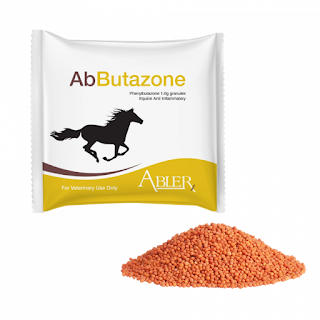Phenylbutazone Dosage for Equine – How to Use It
Phenylbutazone (Bute) is an analgesic and anti inflammatory medication used in horses for their treatment of lameness. This belongs to a group of drugs named non steroidal anti inflammatory drugs. Bute is a common medication recommended to horses. So horse owners should be knowing its advantages and disadvantages.
Horse owners should wash their hands
immediately after administering as this medicine can cause bone marrow, renal
cardiovascular and gastrointestinal side effects.
How to give this medication
Give this medicine similarly as your veterinarian prescribes. Do not give a double dose to catch up.
With other medication
Interaction between drugs can occur, horse owners should be aware of some of the more common interactions. Phenylbutazone and it’s active metabolite, oxyphenbutazone are highly bound to plasma proteins and may displace other highly bound drugs, affect the serum levels and duration of action of oral anticoagulants, increase the metabolism of drugs, increase the plasma half-life of penicillin G, and may antagonize the increased renal blood flow effects occurred by furosemide.
Side
effects
The most common side effects of Phenylbutazone is ulceration of the mouth and digestive tract. Even less common side effects include kidney damage, bleeding disorders, and protein loss. Discuss any side effects with your veterinarian immediately.
Precautions
● Keep this drug out of
children's reach.
●
It’s a prescribed drug so use it according to veterinarian direction.
● Give only to animals that
have been prescribed this medicine.
● Do not give this medicine to
human as it can cause serious side effects in human
● Not be used in animals that
may enter food chain
● Not give this medicine to the
animals who are being allergic to this medicine
● Avoided or monitored to the
animals having liver disease, kidney disease and digestive problems.
To know full details and what to buy phenylbutazonefor horses, visit with us!


Comments
Post a Comment